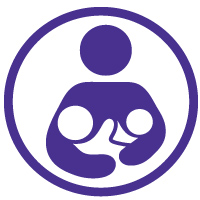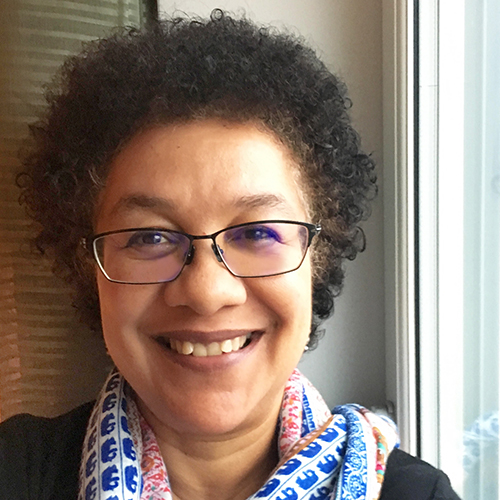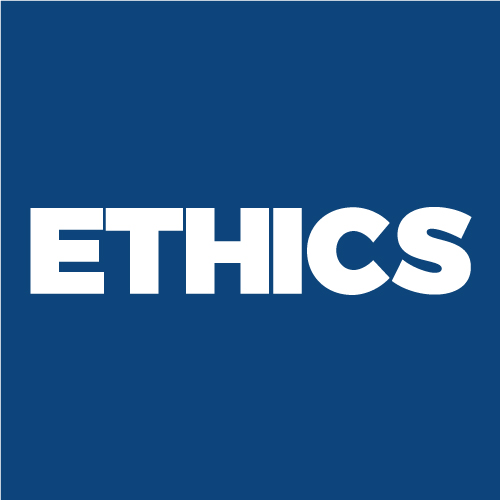 Breastfeeding Advocacy Online Course(s) & Continuing Education
Breastfeeding Advocacy Online Course(s) & Continuing Education
Access the latest clinical skills and research for Breastfeeding Advocacy for Lactation & Breastfeeding professional training. These Breastfeeding Advocacy online courses provide practice-changing skills and valuable perspectives from leading global experts. This Breastfeeding Advocacy education has been accredited for a variety of CEUs / CERPs and can be accessed on-demand, at your own pace.
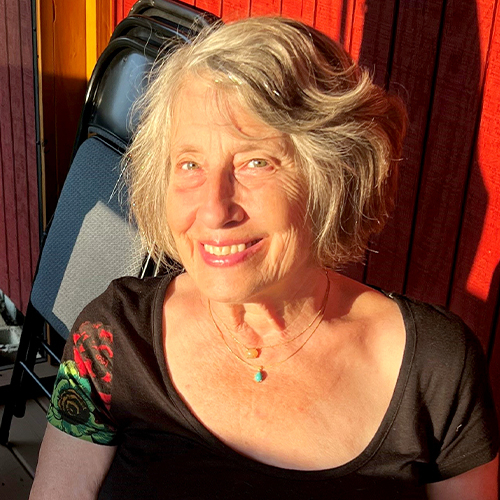
10 Steps to a Breastfeeding Friendly Shelter: Building a Policy

Nikki started as an LPN in 1971, got her RN and BSN, and a graduate degree. She is an author, a teacher, a holistic lactation consultant, a craniosacral therapy practitioner, and a baby body worker (teaching Infant Massage and TummyTime! She is mother to 2 wonderful (breastfed for a long time) daughters, wife to 3 interesting men, only one of whom was the right one for the past 37 years, Rafe!
Her publications include the books, Complementary and Alternative Medicine in Breastfeeding Therapy and A Breastfeeding Owner’s Manual; the monographs, “Benefits of Breastfeeding and Their Economic Impact” and “Sexuality and Breastfeeding” and the educational pamphlet “How to help yourself through labor”. She has been the reviews editor for the journal Clinical Lactation, and has worked as the lactation consultant for the division of Maternal, Child, and Family Health at the Philadelphia Department of Public Health since 2006.
Topic: Breastfeeding Counselling Concepts from Disciplines Outside the Maternity Ward - [View Abstract]
Topic: Tips and Tricks for Writing Breastfeeding Policy - [View Abstract]
Topic: Words That Work - [View Abstract]
This presentation will describe the 5-year journey to the creation and implementation of the 10 Steps to a Breastfeeding Friendly Shelter, starting with a key person, the prime mover, wondering, as she struggled in her resource-rich home with breastfeeding, "what do mothers experiencing homelessness do when they have trouble breastfeeding?" This question led to the formation of a committee, with the eventual outcome of a published policy paper and the Office of Homeless Services changing its provider contract to include accommodations for breastfeeding.
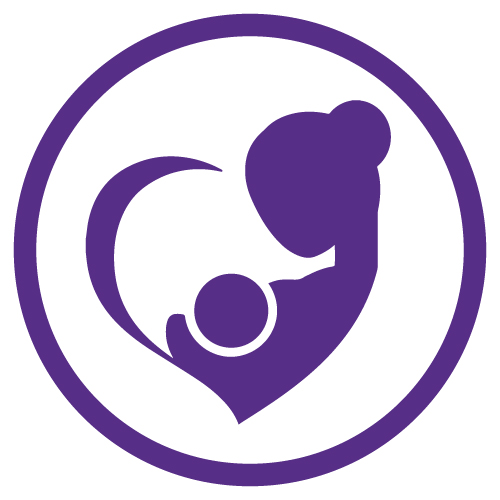
View Details / Enroll
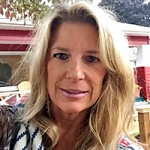

Dr. Rice has been working at the intersection of education and health for social justice and public good. She is the former Executive Director of the Breastfeeding Coalition of Oregon. Currently, Dr. Rice works on organizational development, communication, marketing, public policy and community engagement to advance health equity through access to donor human milk. A national thought leader, she is deeply engaged in convening conversations about the importance of maintaining women’s biological integrity, advancing feminist approaches to human milk banking and at the same time, encouraging capacity building for human milk derived therapies improving health outcomes for the most vulnerable babies.
Most recently Dr. Rice provided consulting as a Policy Associate with Mothers' Milk Bank of San Jose and has provided strategy and policy consulting for the Human Milk Banking Association of North America (HMBANA). Marion holds a doctorate in Education Leadership and is an Internationally Board Certified Lactation Consultant, IBCLC.
This session will look at how for profit corporations are seeking to aggregate, control and exploit human milk. In the absence of federal health policy and consumer regulation/protection, companies are emerging seeking to build commercial markets for human milk often under the guise of improving the economic status of women and infant health.
We will examine companies currently paying for milk both domestically and internationally and the implications for women and emerging policy both at the federal and state level.
Entities setting a price for human milk in the absence of supportive public policy may in fact undermine women’s biological integrity, infant health and contribute to the vulnerability of women and babies.
I will ask participants to consider the issues and to support models of community engagement and decision making that are women centered and women led that keep this biologically critical substance within the community from where it comes; supporting breastfeeding and benefiting women and babies.


Paulina is the mother of three multicultural Latino children and Project Director for Lifespan Local. Paulina earned her BS in Psychology from the Pennsylvania State University, a MS in Organizational leadership from the University of Denver and is completing her PhD in Health and Behavioral Sciences at the University of Colorado - Denver. Paulina has over 18 years of experience working with families with young children. As a Maternal Child Health specialist for Jefferson County Public Health, she developed a NICU follow-up home visitation program and the pediatric emergency preparedness plan, co-founded and coordinated the Conectando Network (former Adelante Jeffco), established community navigation and lactation support groups focused on the Latino Spanish speaking community, and lead other initiatives to support leadership and partnerships among communities and organizations. During the COVID-19 pandemic, she managed the new program Whole Community Inclusion to ensure the pandemic response and recovery implementation included health equity practices that recognize the needs and the strengths of priority populations in the county. Her areas of current work include promoting perinatal and infant mental health along the continuum of care; building community capacity to navigate health and education systems; facilitating organizational change to embrace linguistic and culturally responsive practices; and establishing community-placed participatory programs to strengthen communities. She likes to be with people, learn from and with others, and connect passions for meaningful work.
Topic: From the NICU to the home: mother’s experiences - [View Abstract]
Topic: Leadership Skills in Lactation: Make Extraordinary Things Happen - [View Abstract]
Topic: Liderazgo en Lactancia - Para Alcanzar Metas Extraordinarias - [View Abstract]
Topic: Nursing A Preemie, Perspectives For Lactation Supporters and Professionals - [View Abstract]
Breast/chest feeding is a biological, emotional, and social process. There is an undeniable link between human
milk and behaviors associated with feeding. Breast or chest feeding provide the perfect environment for babies’
development, such as bonding, attachment, mutual regulation, security, etc. But what happens when parents
can’t access effective, culturally competent, compassionate lactation services? What happens when over
generations lactation support has been lacking?
Every parent deserves the chance to meet their feeding goals and enjoy the short and long term benefits of
human milk feeding. Social inequities augment the effects of not experiencing those benefits making it even
harder for parents and babies to have their physical, emotional and social needs met. Outcomes of lactation
impact the dyad, the family, the community beyond the nutritional needs of the infant.
Advocacy efforts at local, regional and national levels create meaningful opportunities for health equity, so
those with no power or resources can reach optimal health. Lactation consultants are in a unique position to
advocate and partner with others to support policies and programs that focus on equity as a systems approach
to benefit marginalized communities and impact their physical and mental health in the long-term.

View Details / Enroll
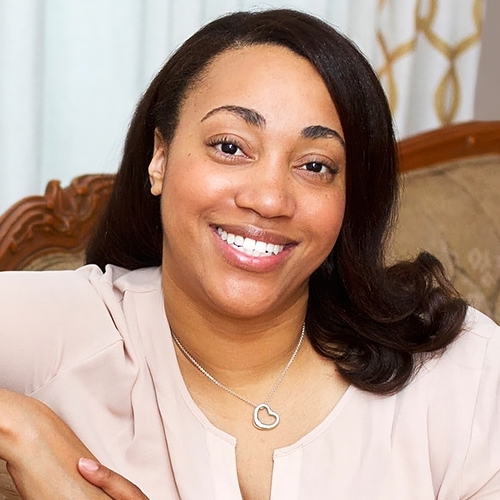
Breastfeeding as a Preventative Care Change Model: How to Affect Change

Mona Liza Hamlin, MSN, RN, IBCLC is the nurse manager of Perinatal Resources and Community Programs for the Women & Children’s Service Line at Christiana Care Hospital in Newark, Delaware. Her role consists of improving both inpatient and outpatient programs that focus on reaching the triple AIM, and improving health equity in the state of Delaware. Hamlin serves as Past-Chair to the United States Breastfeeding Committee (USBC). The USBC is a coalition of more than 50 organizations that support its mission to drive collaborative efforts for policy and practices that create a landscape of breastfeeding support across the United States.
She is a founding member of the National Association of Professional & Peer Lactation Supporters of Color (NAPPLSC), an organization aimed at addressing breastfeeding disparities and improving breastfeeding
amongst families of color. Hamlin also serves as a member of the Delaware Healthy Mother & Infant Consortium and is a board member
for the Breastfeeding Coalition of Delaware. Her fundamental
belief is that equitable access and high quality care are provided to all women and families, especially those most vulnerable to lack of access and systemic barriers to care. Fueled by her professional and personal experiences and passions, Hamlin strives to ensure that all mothers have access to a full scope of perinatal care, support and resources.
No matter where we look health disparities, morbidity and mortality continue to persist. This is especially true in the maternal child health field. We all understand the value of breastfeeding and human milk and it is now critical to merge that value across the spectrum of maternal child health. No matter the organization or work we are in; clinical, community, public health, or policy; we must create connections that improve and create holistic approaches to improve health and prevent illness. Linking breastfeeding and human milk in efforts made outside of the field of lactation will improve overall efforts to improve maternal child health. This discussion will give opportunity to explore how to engage with non traditional stakeholders and make the connections where breastfeeding isn't traditionally included to discuss preventative care for maternal child health as a whole.

Breastfeeding as a Preventative Care Change Model: How to Affect Change

Mona Liza Hamlin, MSN, RN, IBCLC is the nurse manager of Perinatal Resources and Community Programs for the Women & Children’s Service Line at Christiana Care Hospital in Newark, Delaware. Her role consists of improving both inpatient and outpatient programs that focus on reaching the triple AIM, and improving health equity in the state of Delaware. Hamlin serves as Past-Chair to the United States Breastfeeding Committee (USBC). The USBC is a coalition of more than 50 organizations that support its mission to drive collaborative efforts for policy and practices that create a landscape of breastfeeding support across the United States.
She is a founding member of the National Association of Professional & Peer Lactation Supporters of Color (NAPPLSC), an organization aimed at addressing breastfeeding disparities and improving breastfeeding
amongst families of color. Hamlin also serves as a member of the Delaware Healthy Mother & Infant Consortium and is a board member
for the Breastfeeding Coalition of Delaware. Her fundamental
belief is that equitable access and high quality care are provided to all women and families, especially those most vulnerable to lack of access and systemic barriers to care. Fueled by her professional and personal experiences and passions, Hamlin strives to ensure that all mothers have access to a full scope of perinatal care, support and resources.
No matter where we look health disparities, morbidity and mortality continue to persist. This is especially true in the maternal child health field. We all understand the value of breastfeeding and human milk and it is now critical to merge that value across the spectrum of maternal child health. No matter the organization or work we are in; clinical, community, public health, or policy; we must create connections that improve and create holistic approaches to improve health and prevent illness. Linking breastfeeding and human milk in efforts made outside of the field of lactation will improve overall efforts to improve maternal child health. This discussion will give opportunity to explore how to engage with non traditional stakeholders and make the connections where breastfeeding isn't traditionally included to discuss preventative care for maternal child health as a whole.
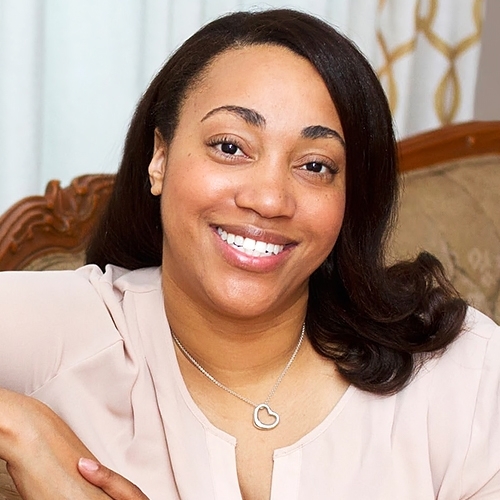
View Details / Enroll
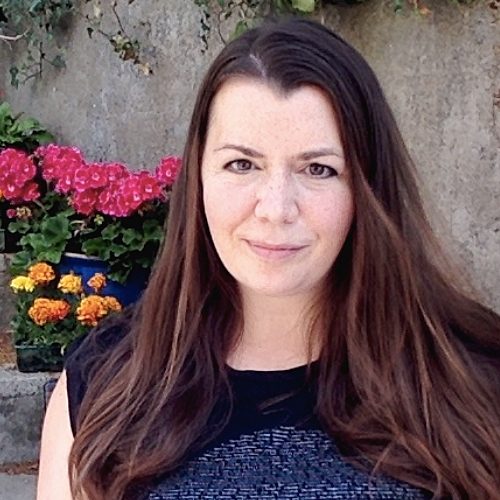
Breastfeeding as a Public Health Issue: Do we Have the Right Approach?

Professor Amy Brown is based in the Department of Public Health, Policy and Social Sciences at Swansea University in the UK. With a background in psychology, she has spent the last thirteen years exploring psychological, cultural and societal influences upon infant feeding decisions in the first year. Her research seeks to understand how we can shift our perception of how babies are fed away from an individual mothering issue to a wider public health problem – with societal level solutions. Dr Brown has published over 60 papers exploring the barriers women face in feeding their baby during the first year. She is a mother to three human children and three book babies: Breastfeeding Uncovered: Who really decides how we feed our babies, Why starting solids matters, and The Positive Breastfeeding Book: Everything you need to feed your baby with confidence. She is a regular blogger, aiming to change the way we think about breastfeeding, mothering and caring for our babies.
Topic: Breastfeeding Trauma: How Can We Recognise and Support Mothers Who Wanted to Breastfeed but Were Unable to Meet Their Goals? - [View Abstract]
Topic: How Can We Better Support Mothers Don’t Meet Their Breastfeeding Goals? - [View Abstract]
Topic: What Do Normal Infant Feeding Patterns Really Look Like? - [View Abstract]
The majority of women should be able to breastfeed, but elements of their experience are ultimately stopping them from doing so. Breastfeeding works best when done responsively but many psychological, social and cultural factors work directly or more subtly against responsive feeding, meaning that many mothers experience difficulties with breastfeeding which can lead to premature weaning. These factors can include separation of mother and baby, a lack of understanding of breast milk production, public attitudes and wider pressures of motherhood to name a few. If we want to support mothers to breastfeed we must understand and target these wider factors to create a supportive breastfeeding environment. It is important however that our approaches to breastfeeding promotion and education are perceived positively by mothers in order for them to be effective. In this presentation I’ll be addressing the common barriers to breastfeeding and their impact, along with new research that looks at how mothers perceive common breastfeeding education messaging and what this research tells us about how we can change our approach to ensure our messages have the intended impact.

View Details / Enroll
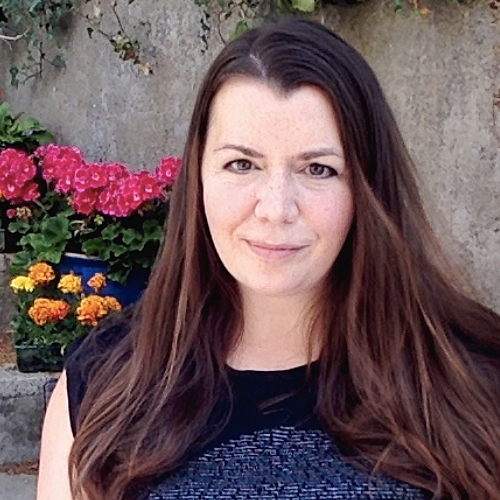
View Details / Enroll
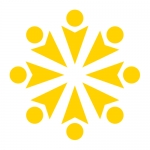

Felisha Floyd, BS, CLC, IBCLC, is currently Lactation Coordinator for Hospital Corporations of America system in Florida. She also offers infant feeding support, mentorship, and education to her local community via her private practice, Beyond Breastfeeding. Felisha is the founder of Our Brown Baby, a community based breastfeeding support group, which serves to provide specialized culturally sensitive breastfeeding support to families of color. In addition to these roles, Felisha is one of the founding mothers and current President of the non-profit The National Association of Professional and Peer Lactation Supporters of Color, affectionately known as "NAPPLSC". She is also a Center for Social Inclusion First Food Equity Cohort member. Previously, she worked as a Women, Infants, and Children (WIC) Breastfeeding Peer Counselor and Breastfeeding Coordinator.
Fueled by her professional and personal passions to ensure that all mothers have access to quality breastfeeding support and resources, Felisha has fervently pledged to reduce breastfeeding disparities in the African American community. To this end, she continually makes efforts to help increase breastfeeding rates in the African American community by unapologetically fighting that which contributes to racial health disparities. Fearlessly obsessive, she is affectionately known as the social media guru "Blactavist!" (Black Lactation Activist). This online community consists of approximately 38,000 supporters on Twitter, Facebook and Instagram, and is dedicated to empowering African American families to breastfeed.
Dianne Cassidy, MS, IBCLC, ALC, CCE, is a Lactation Consultant in Rochester, New York with Advanced Lactation Certification. Dianne works in Private Practice, and in a busy Pediatrician office supporting mothers and babies. She also teaches prenatal breastfeeding and childbirth in the hospital setting. In the fall of 2013, Dianne completed her MA in Health and Wellness/Lactation. She is dedicated to serving mothers and babies, and has the unique ability to identify with the needs and concerns of new mothers. Dianne has worked extensively with women who have survived trauma, babies struggling with tongue tie, birth trauma, milk supply issues, attachment, identifying latch problems, returning to work and breastfeeding multiples.
Dianne has 3 biological children, including twins, 3 step children and a wonderful husband. Dianne is an author and public speaker and enjoys teaching caregivers how to support new families through breastfeeding struggles.
Carmela Kika Baeza, MD, IBCLC, is a family medicine MD, bachelor´s degree in Public Health Education, and IBCLC since 2005. She is also a BFHI Evaluator and the current president of the Spanish Lactation Consultant Association (AECCLM). She works in a private Family Wellness Clinic, Raices, as person in charge of the lactation program, which includes two IBCLCs attending breastfeeding families and an extensive offer of breastfeeding training for health care professionals and breastfeeding peer counsellors. The team has trained over three thousand doctors, midwives and nurses from both the Spanish National Health Service and the private sector in Spain. She is a frequent lecturer at national conferences, and has also lectured internationally, both on-site and online. She is the author of several scientific papers on breast pain, mastitis and tongue tie. She is also the author of a breastfeeding/parenting book, “Amar con los Brazos Abiertos” (To Love with Open Arms). She is married to Carlos and they homeschool their four children.
Paulina Erices, BS, IBCLC, RLC, is the mother of three children, a bilingual Lactation Consultant (IBCLC) in private practice and Maternal Child Health Specialist for the Jefferson County Health Department in Colorado. She is originally from Chile and has lived in the US for almost 15 years. She holds a Bachelor of Science in Psychology from PennState and is currently completing her Masters of Science in Leadership and Organizations from the University of Denver. She has been a La Leche League Leader for 12 years where she has held different mother and Leader support roles across the US. She is a member of several groups working to improve child health and well-being, including the Early Childhood Colorado Partnership, the NICU Consortium, and the Community Leaders in Health Equity. Paulina's goal is to elevate and empower the voices of the community to effectively improve systems of care through advocacy and policy. Paulina lives in Littleton, Colorado where she spends her free time birding with her family and training her dog Aussie.
Fiona Lang-Sharpe, IBCLC, NAMCM, is a Birth Doula and International Board Certified Lactation Consultant in private practice in Edmonton, AB, Canada. Fiona has over 20 years of experience attending births, supporting mothers post partum, and offering lactation case management services. Having studied in England under the National Association of Maternal and Child Welfare, Fiona moved to Canada in 1989 and after having her first born son was accredited through La Leche League Canada as a Leader and went onto obtain her certification as an IBCLC. Fiona's experience in perinatal health along with her interest in technology and social media and passion for quality education makes her an excellent fit for GOLD Conferences International. Fiona is one of the first voices you'll hear as one of GOLD's online Master of Ceremonies, and is also often one of the first faces you'll see, online and in person, as she represents GOLD at industry events and via social media. Fiona is highly anticipating an expanding role with GOLD, as GOLD increases it online offerings.
The term “breastfeeding self-efficacy” gets thrown around a lot, but what does it really mean? How do we define it, why is it important and what can we be doing as lactation support providers to empower parents and have a positive impact on breastfeeding self-efficacy? Is there anything that we’re doing in our approach to breastfeeding support that is unintentionally having a negative impact? Does breastfeeding self-efficacy look the same for everyone, and how do we target marginalized communities? These are some of the questions that our experts will be tackling during the discussion with a goal of leaving listeners with concrete changes that they can immediately make to their own practice.

View Details / Enroll
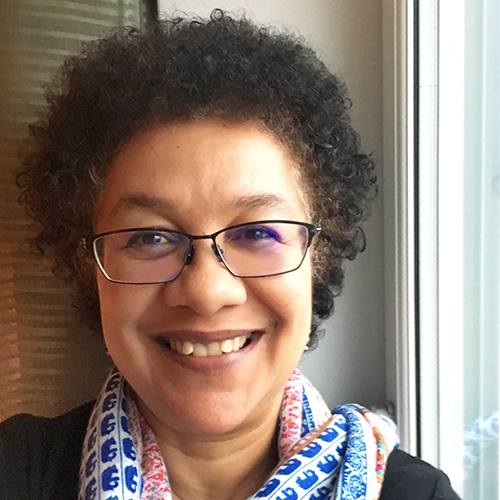
Global Perspectives on the Warm Chain of Support for Breastfeeding

Dr. Amal Omer-Salim is the Executive Director of the World Alliance for Breastfeeding Action (WABA). She is a nutritionist with a Ph.D. from Uppsala University, Sweden. Her areas of expertise are nutrition, breastfeeding, international health, gender, programme planning, research, and advocacy, with a special focus on Africa and Asia.
Global trends in breastfeeding rates only show modest increases between 2000 and 2015. Currently, about 40% of babies below 6 months are exclusively breastfed and several barriers on the structural, setting, and individual levels exist. Continuous support for mothers across the 1000 days from conception has been shown to be effective in increasing the duration and exclusivity of breastfeeding. WABA’s Warm Chain campaign places the mother-baby dyad at the core and strives to link different actors by coordinating efforts at all levels to provide a continuum of care during the first 1000 days. The warm chain needs to be protected, promoted, and supported. Protection includes implementation and monitoring of the International Code of Marketing of Breastmilk Substitutes as well as coordination to ensure that all the linkages in the chain are working well. Promotion entails providing information about the roles and responsibilities of each actor along the timeline. Support includes increasing knowledge, skills, and competencies of multi-professional teams in order to provide optimal support for breastfeeding. Achieving a warm chain of support for breastfeeding will help increase breastfeeding rates, thus ensuring improved survival, health, and well being. The short and long-term positive effects impact individuals, societies, and the planet.
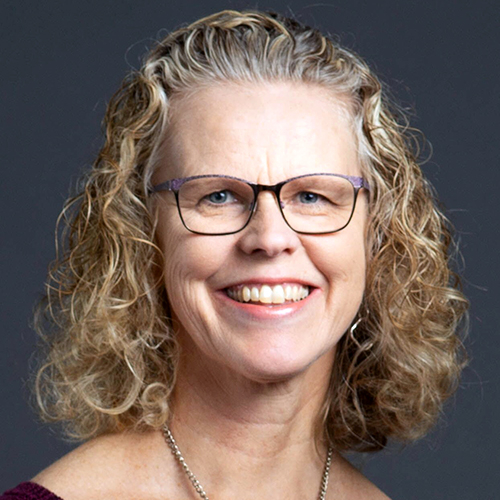

For over 25 years Sonya Boersma has supported best practice, working with mothers and babies, as well as professionals. She delivers a calm and informative consult to a diversity of clients and situations. For her it's an honour to work with new, new-again, or soon-to-be parents, tailoring care to each.
Sonya also has a broad range of experiences supporting health care professionals to provide infant feeding evidence-based care. She has been instrumental in developing resources regionally and provincially. As a provincial Health Promotion Consultant, Sonya assisted health care organizations like hospitals to progress in implementing the WHO's Baby-Friendly Initiative. She was the coordinator of provincial breastfeeding protocols, including Informed Decision Making: Infant Feeding and facilitated IDM and other workshops around the province for a variety of health care professionals.
As an IBCLC and Registered Nurse in various roles such as public health, northern nursing in Yukon Territory, Canada, as a birth doula, and as an independent Lactation Consultant, she has been fortunate to work with parents in the whole childbirth continuum.
In her spare time, she's likely outside hiking, cycling, or cross-country skiing or being with family.
Topic: Informed Decision Making: Gaining Skills & Confidence with Tricky Conversations - [View Abstract]
As food and goods become more expensive, some infant feeding options are increasingly difficult for families to afford. Inflation, the pandemic, infant formula shortages, and supply chain issues create added formidable challenges. The costs of formula are considerable for families, for the health care system, and for the environment, yet breastfeeding is not routinely a part of food security conversations.
The purpose of this presentation is to clearly understand the issues of food security in the context of breastfeeding, the risks and expenses of not breastfeeding, and discuss measures to help increase food security.
People suffering from hunger has slowly been increasing since 2014, and worsening still with the pandemic (FAO et al., 2020). For infants, growth failure can start before birth. Suboptimal growth may start or continue because of breastfeeding or formula feeding practices as well as inadequate complementary foods. Those who can least afford infant formula, tend to be those more likely use it (Kopp et al., 2023). To understand the nature of the issue, we examine food security in the context of breastfeeding globally and with data from select countries. We will explore the impacts of suboptimal or no breastfeeding, list measures to improve breastfeeding rates, and thereby improve food security for infants and their families.
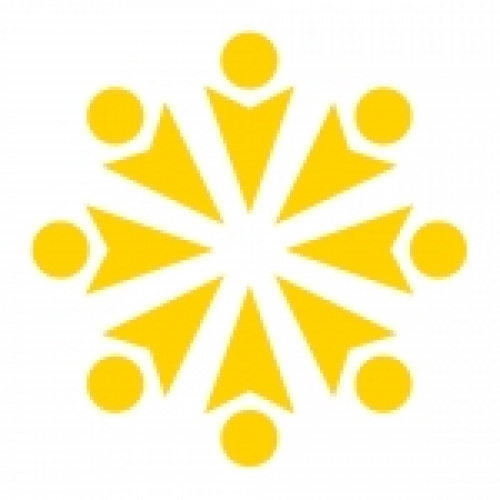

Kathleen Kendall-Tackett, PhD, IBCLC, FAPA, is a health psychologist and International Board Certified Lactation Consultant, and the Owner and Editor-in-Chief of Praeclarus Press, a small press specializing in women's health. Dr. Kendall-Tackett is Editor-in-Chief of two peer-reviewed journals: Clinical Lactation and Psychological Trauma. She is Fellow of the American Psychological Association in Health and Trauma Psychology and Past President of the APA Division of Trauma Psychology. Dr. Kendall-Tackett specializes in women's-health research including breastfeeding, depression, trauma, and health psychology, and has won many awards for her work including the 2017 President’s Award for Outstanding Service to the Field of Trauma Psychology from the American Psychological Association’s Division of Trauma Psychology. Dr. Kendall-Tackett has authored more than 460 articles or chapters and is author or editor of 38 books.
Amy Brown, PhD, Professor, is based in the Department of Public Health, Policy and Social Sciences at Swansea University in the UK. With a background in psychology, she has spent the last thirteen years exploring psychological, cultural and societal influences upon infant feeding decisions in the first year. Her research seeks to understand how we can shift our perception of how babies are fed away from an individual mothering issue to a wider public health problem – with societal level solutions. Dr Brown has published over 60 papers exploring the barriers women face in feeding their baby during the first year. She is a mother to three human children and three book babies: Breastfeeding Uncovered: Who really decides how we feed our babies, Why starting solids matters, and The Positive Breastfeeding Book: Everything you need to feed your baby with confidence. She is a regular blogger, aiming to change the way we think about breastfeeding, mothering and caring for our babies.
Nekisha Killings, MPH, IBCLC, LLLL, is an experienced marketer, writer, equity strategist, and international board certified lactation consultant. After spending years in consumer-packaged goods marketing and community partnership building, followed by a decade of public relations and ghostwriting, she found her life’s work in lactation support and maternal and child health equity through her personal experiences with birth and breastfeeding. Nekisha contributed the chapter on Cultural Humility in the latest Core Curriculum for Interdisciplinary Lactation Care. She acts as equity strategist for lactation-related organizations that seek to better reach underserved communities. Recently, she co-founded Nikki & Nikki: Lactation Career Consultants, an organization dedicated to equipping aspirants of color to sit the IBCLC exam. In addition to being spouse to an active duty United States Air Force member, Nekisha also homeschools three little future world changers and enjoys writing and research on the impact of historical trauma on families’ breastfeeding experiences today.
We don’t often think about “marketing” breastfeeding/chestfeeding and human milk, but when it comes to public health messaging, that’s exactly what we’re doing. Marketing is defined as “the action or business of promoting and selling products or services, including market research and advertising”. Recent public health campaigns have been successful at increasing breastfeeding initiation rates, but the duration of exclusive breastfeeding remains low, certain groups that question the safety of exclusive breastfeeding are gaining traction, and lactation professionals continue to be seen as “pushing breastfeeding” and causing feelings of guilt of shame. Clearly it is time for a change. This panel of experts will look at the reasons why marketing of breastfeeding and human milk is important, the impact of recent marketing campaigns, and what we could be doing better.

View Details / Enroll



